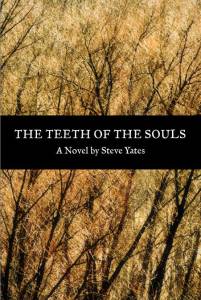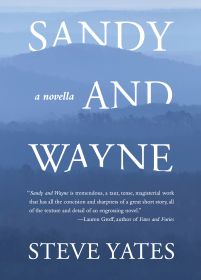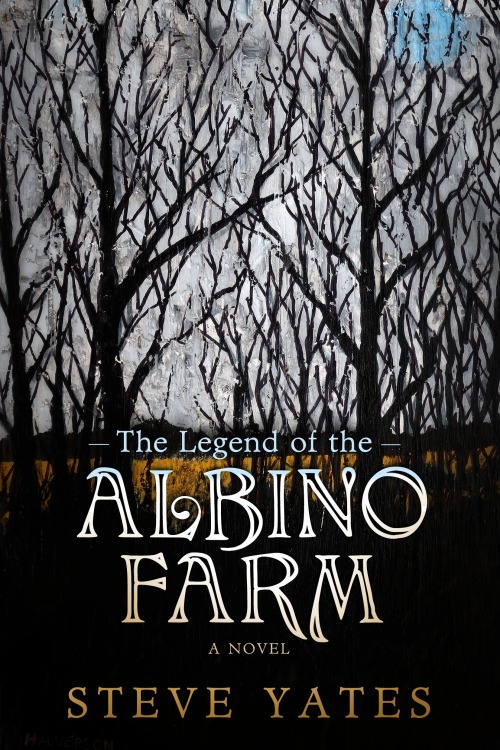Emotional Truth
A visceral, heartfelt connection that arises between reader and character or characters through the unfolding (and possibly the resolution) of an invented, narrated conflict, a connection so powerful that the reader perceives reality and truth in what is known to be pretend, known to be fiction.
This truth arises through a combination of immersions in details, settings, actions, dialogue, inner monologue, “living flesh on the page” as Barry Hannah said. Without emotional truth, a key purpose of great literature, empathy, is hard to conceive. Emotional truth is the lifeblood that causes a reader to clutch a novel before it even ends and feel, “This is my story” or, long after reading, to see a graveyard, a hearth, a teal pool beneath a limestone cliff and be transported back into the dream of the novel once more.
As a truth it operates separately from (and frequently but not necessarily in opposition to) truth in facts or strings of events narrated with faith and diligence to corroborated firsthand witness accounts.
I find it very interesting that neither A Handbook to Literature nor Louis D. Rubin Jr.’s A Writer’s Companion carries an entry on “emotional truth.” And using search engines to suss out origins of the concept, I find that it is becoming greatly abused, applies equally to literature as to acting and actors and even to comics books. Overused, the term may soon fall into cliché.
Emotional truth is said to occur now even in comics. Tom Brevoort, editor for narratives at Marvel Comics, declares, “So that’s my 2010 goal: push back towards the fundamentals of striving to find the emotional truth of the stories and the characters, and place a greater emphasis on that among our writers and editors. Raise the bar. Good thing we’ve got an editorial retreat coming up here.” And with the rise in the graphic novel as a more accepted and literary form meriting serious critical attenion, we find comics also treating history as in the graphic novel Booth.
Many fiction writers and literary critics strive to say that, “the feeling created by a fictional story is sometimes truer than what results from reading the facts.” Mark Twain called this “lying toward the truth.”
Tim O’Brien writes a whole story on emotional truth, in fact one of the most remarkable essays or short stories in all of literature on war, in his great collection The Things They Carried. In differentiating between a war story constructed from eventual truth with the purpose of uplifting and one created by imagination for its emotional truth, he says this:
If at the end of a war story you feel uplifted, or if you feel some small bit of rectitude has been salvaged from the larger waste, then you have been made the victim of a very old and terrible lie. There is no rectitude whatsoever. There is no virtue. As a first rule of thumb, therefore, you can tell a true war story by its uncomprimising allegiance to obscenity and evil.”
Is it presentism to bring in a post-Vietnam perspective when considering values and definitions of emotional truth in regard to a novel set during the Civil War in the Ozarks? If Michael Fellman’s Inside War: The Guerilla Conflict in Missouri During the American Civil War were not enough, let’s look to The White River Chronicles of S. C. Turnbo edited by James F. Keefe and Lynn Morrow.
In the Civil War section, Turnbo relates what Ozark residents told him of times they described as “just terrible.” Episode titles are enough: “Simply Horrible,” “Brutal Treatment of a Woman and Her Son by Bandits,” “Reading the Bible by the Reflection of Light from a Burning Town.” While purchasing the book from University of Arkansas Press is best, you can scour all of Turnbo’s foundational work online. Every page of Turnbo carries emotional truth, and if you were born and reared in the Ozarks Turnbo’s chronicle is our story. Of course, Turnbo, Keefe and Morrow, and Turnbo’s respondents would have said that their stories, remembered well after the events, were products of the truth, a striving toward eventual truth, that which we will only know all of “Farther Along,” as the funeral song says.
Next task: undoubtedly defining what I mean by eventual truth. But, again, “Farther along, we’ll know all about it.”
STEVE YATES is the author of five published works of fiction, and is associate director / marketing director at University Press of Mississippi in Jackson. Find all his books here.




